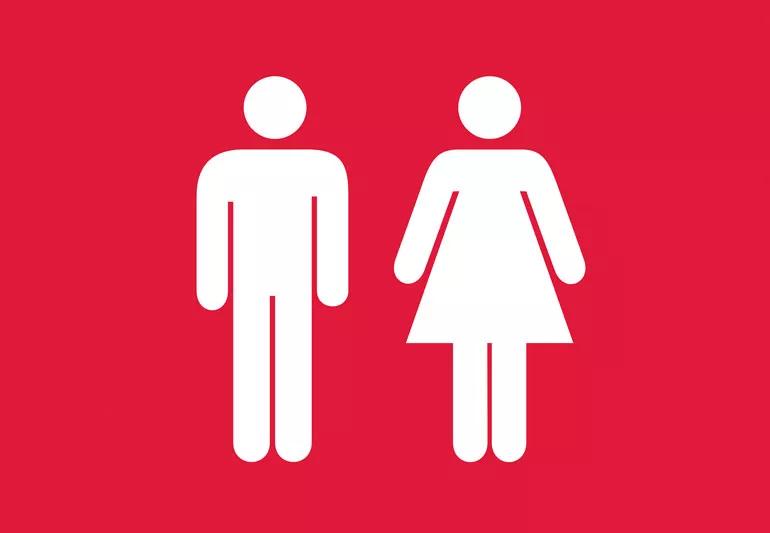What are your bowel movements telling you?

Image content: This image is available to view online.
View image online (https://assets.clevelandclinic.org/transform/3c226a7a-61cb-4822-9a1c-4e6de42fd781/Scoop-on-poop_155600936_770x533_jpg)
scoop on poop
Contributor: I. Emre Gorgun, MD
Advertisement
Cleveland Clinic is a non-profit academic medical center. Advertising on our site helps support our mission. We do not endorse non-Cleveland Clinic products or services. Policy
Your bowels communicate.
That may sound strange, but here’s what I mean: Signs of everything from diseases to stress may show up in your bathroom habits. The key is knowing what to look for — and what the signs may mean.
People are different. So are bowel movements. The size, shape and consistency of feces will change greatly from person to person.
Instead of looking for “normal,” look for a change. Did you use to move your bowels frequently but now have trouble doing so? Did they use to be solid but now are runny for a long period of time? When you experience a big, noticeable change that lasts, it’s time to see your doctor.
If there is blood in your feces on a recurring basis, see a doctor. Blood can be a sign of polyps or colorectal cancer. It also can be caused by benign conditions such as hemorrhoids and anal fissures. In any case, it’s worth getting checked out.
If you see blood, keep an eye out for other symptoms: weight loss, fever, chills. When they come together, those are “high-alert” symptoms of bowel disorders.
If you used to have sizeable stools but now they are always pencil thin and hard to pass, consult your doctor. In certain types of colon cancer, the bowel gets narrow, and so do your bowel movements.
Advertisement
Thin stools do not automatically mean cancer. But if they last a long time and if going to the bathroom is difficult for you, your doctor may order a colonoscopy to rule it out.
We all have bouts of diarrhea from time to time. Runny, watery stool over a short period of time can mean mild food poisoning or an infection, for example.
But if you used to have solid bowel movements and now have diarrhea frequently, it could be a sign of an inflammatory bowel disease such as Crohn’s disease or ulcerative colitis — especially if it comes with other symptoms such as abdominal pain, blood and weight loss.
Your body reacts to things that go on around us. The impact of stress and unresolved issues may show up in your bathroom.
Your bowels may be indicating something that you’re not appreciating consciously. If your bathroom habits have changed drastically and other medical causes have been excluded, life’s stresses may be to blame.
Pay attention to what your bowels are telling you. From stress to medical conditions, they may give you warning signs that will help you improve your health.
Advertisement

Sign up for our Health Essentials emails for expert guidance on nutrition, fitness, sleep, skin care and more.
Learn more about our editorial process.
Advertisement
Poop that’s green, red or some other hue is probably due to something you ate — but it could be a sign of health issues, too
Your #2 can be the #1 sign of a medical issue
There’s usually a simple answer, but it also can be a reason for concern
The short answer from a registered dietitian
What’s normal? When to worry?
The Short Answer from physician experts
Despite unhealthy side effects, 40% of adult Americans still pee in pools
From odors to colors, it’s more than OK to ask your doctor these questions
Type 2 diabetes isn’t inevitable with these dietary changes
Applying a hot or cold compress can help with pain
Pump up your iron intake with foods like tuna, tofu and turkey